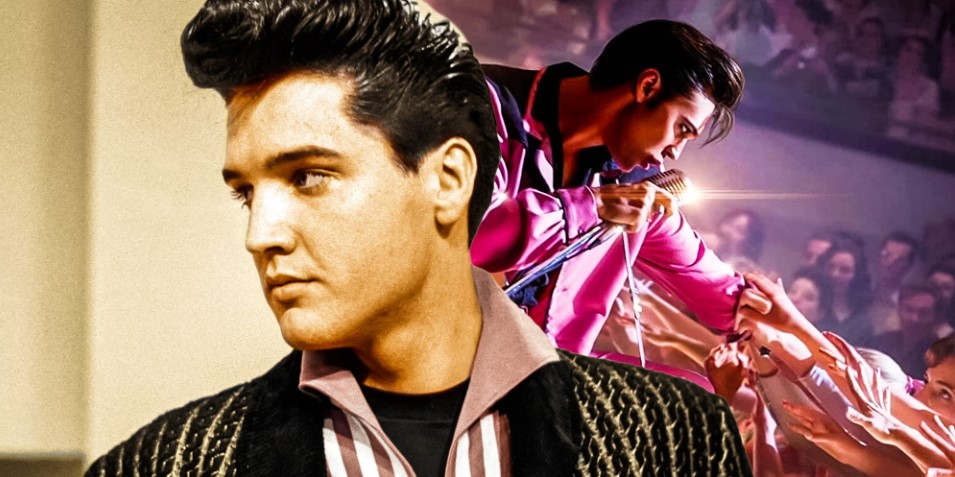In the realm of Elvis Presley's illustrious career, one film stands out as a cinematic triumph that not only showcased his musical prowess but also highlighted his acting skills— "King Creole." Released in 1958, this movie marked a pivotal moment in Presley's transition from a rock 'n' roll sensation to a versatile entertainer with the ability to command the big screen.

"King Creole" unfolds against the gritty backdrop of New Orleans, offering a dramatic narrative that delves into the life of Danny Fisher, a troubled youth portrayed by Elvis Presley. Directed by Michael Curtiz, the film introduces viewers to the seedy world of nightclubs, street gangs, and musical aspirations. Adapted from Harold Robbins' novel, "A Stone for Danny Fisher," the screenplay weaves a compelling story of redemption, love, and the pursuit of dreams.

Danny Fisher represents a departure from the clean-cut, charismatic characters Elvis had portrayed in previous films. In "King Creole," audiences witness a more complex and nuanced side of Presley's acting abilities. Danny is a young man grappling with societal pressures, family conflicts, and the allure of the music scene. Elvis's portrayal of this multifaceted character demonstrated his willingness to take on challenging roles, breaking away from the stereotypical teen idol image.

One of the defining aspects of "King Creole" is its exceptional musical score. The film features a selection of songs that not only complement the storyline but also showcase Elvis's vocal range and dynamic stage presence. Classics such as "King Creole," "Trouble," and "Hard Headed Woman" became iconic tracks that contributed to the movie's enduring legacy. The integration of music into the narrative was seamless, creating an immersive experience for fans who were treated to a captivating blend of drama and electrifying performances.

"King Creole" marked a turning point in Elvis Presley's acting career. Critics and audiences alike lauded his performance as Danny Fisher, recognizing the depth and authenticity he brought to the character. Elvis's ability to convey the inner struggles of a young man torn between societal expectations and personal aspirations showcased his growth as an actor. His on-screen charisma, combined with the raw emotion he infused into the role, solidified his status as a legitimate actor, beyond his musical prowess.

Upon its release, "King Creole" received positive reviews from critics who praised Elvis's performance and the film's overall production quality. Despite facing competition from other popular releases of the time, it achieved commercial success and further solidified Elvis's standing in the entertainment industry. Over the years, "King Creole" has gained cult status among Elvis fans, appreciated not only for its musical brilliance but also for its contribution to the evolution of Presley's on-screen persona.

The legacy of "King Creole" extends beyond its initial reception, influencing subsequent generations of musicians and filmmakers. The film remains a testament to Elvis Presley's ability to transcend the confines of his musical success and make a lasting impact in the world of cinema. It stands as a crucial chapter in his filmography, showcasing his growth as an artist and his commitment to challenging the boundaries of his public image.

"King Creole" stands as a cinematic gem in Elvis Presley's storied career. Its success lies not only in the musical brilliance that became synonymous with Presley's name but also in the depth of his acting performance. The film is a testament to Elvis's ability to evolve as an entertainer, taking on roles that went beyond the expectations of a teen idol. As fans continue to revisit the timeless melodies and captivating drama of "King Creole," it remains an enduring testament to the King's indelible impact on both music and film.



